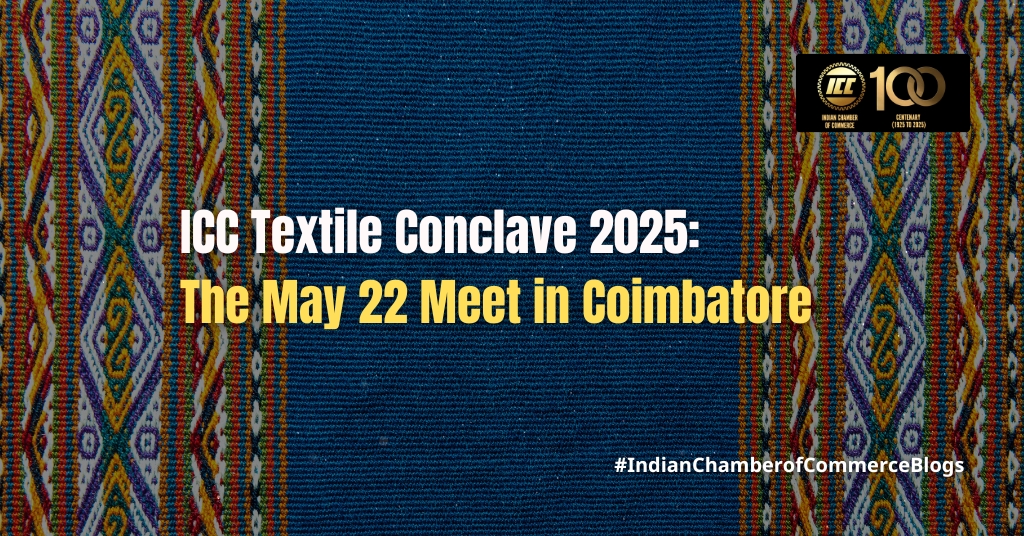India’s textile and apparel industry, one of the oldest and most culturally rooted sectors of the economy, is now undergoing an imperative transformation. Global shifts in consumer behaviour, rising awareness of sustainable practices, and technological disruptions have pushed the sector to reimagine itself—not just as a manufacturing powerhouse but as a modern, environmentally-conscious, and innovation-led ecosystem.
India is currently the second-largest textile producer in the world, contributing over 4% to global textile and apparel trade, and accounting for nearly 12% of India’s total export earnings. The sector provides direct and indirect employment to more than 100 million people, making it the second-largest employer after agriculture. However, despite these strengths, the sector faces challenges that require structural and strategic realignment—especially in terms of sustainability, global competitiveness, digital transformation, and skill upgradation.
Government of India has launched several major initiatives like the Production Linked Incentive (PLI) Scheme for Textiles, PM-MITRA parks, and RoSCTL export incentives, aiming to enhance manufacturing capabilities, attract global investors, and boost
employment. To get a head start on the current Textile Policy, please come to the ICC Textile Conclave at Taj Vivanta, Coimbatore, the Textile Capital of India. Yet, the need of the hour is to integrate technology with tradition, ensuring that our handlooms, spinning mills, and textile clusters are not just surviving but thriving in a fast-changing global order. The latest in Technology Innovations in Textiles would also be discussed in the same Textile Conclave.
Indian textile industry is also under mounting pressure to transition to Sustainable practices. Globally, fashion and textiles account for around 10% of carbon emissions and are among the largest consumers of water. With buyers and markets leaning heavily toward ethical sourcing and circularity, Indian manufacturers and exporters must align with ESG (Environmental, Social, Governance) benchmarks, lifecycle traceability, and lowimpact dyeing and processing technologies. The Sustainable practices in Textile would also be brought forward in the ICC Textile Conclave on May 22.
Another area of transformation lies in brand creation and value addition. While India is a strong backend for global fashion labels, the country has relatively few home-grown brands with global reach. Creating future-ready Indian brands that appeal to international consumers requires investment in design, digital commerce, market analytics, and storytelling. The emergence of startups, D2C (Direct-to-Consumer) models, and IPOready apparel companies is a positive sign, but more strategic collaboration between policy, the private sector, and academia is required to scale this up. The specific steps in this regard would be elaborated in the same ICC Textile Conclave on May 22.
These issues and many more will be addressed at the ICC Textile Conclave 2025, themed “Textile Industry – Powering the Next Wave,” to be held on May 22, 2025, at Taj Vivanta, Coimbatore—a city that itself symbolises the enduring strength of India’s textile legacy.
Organised by Indian Chamber of Commerce (ICC), the conclave will bring together some of the most respected voices in the sector. Key speakers include Mr. Sanjay Jain, Chairman, ICC National Committee on Textiles and MD, TT Limited, and Mr. Shalin Toshniwal, Chairman, Matexil . They will join a distinguished group of policymakers, sustainability leaders, technologists, and entrepreneurs for a day of impactful dialogue and collaboration.
For participation and registration, please contact: Ms. Seema Sen: 9331507071 | [email protected]
Source:https://blogs.indianchamber.org/business-industry/icc-textile-conclave-2025-the-may-22-meet-in-coimbatore/

